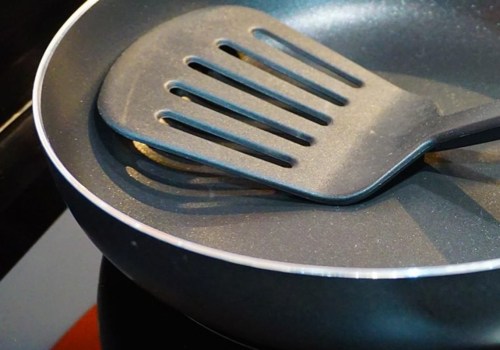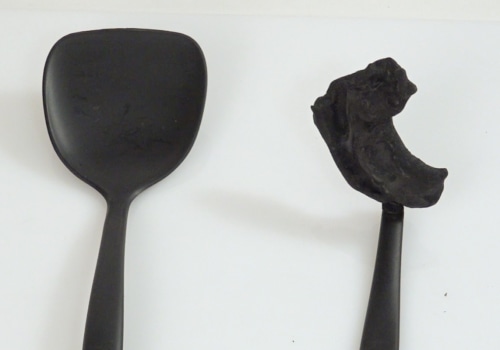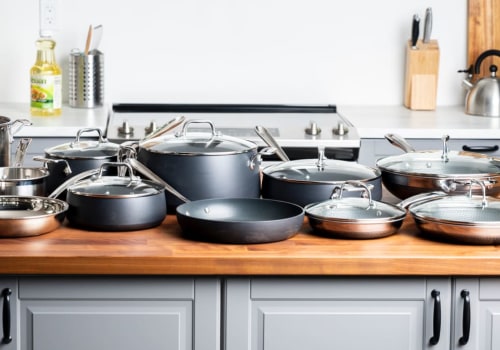A good rule of thumb is to replace your cooking pans approximately every five years. When they start to appear deformed, discolored, or scratched, it's time to stop using them and find a safe and sustainable way to dispose of them. One of the most environmentally friendly options is to recycle them in a scrap metal factory, so that the metals can be reused for other purposes. You can also hand them over to a household waste facility that will recycle them on your behalf.
Check with your local sanitation department to see what your options are, or consider sending them to TerraCycle, a recycling service that collects waste. Depending on your state, you can also donate them to a thrift store or to families in need. If you're looking for replacement frying pans, check out our guide to all available pan types. You could be wasting energy and polluting your food if you're using old pots and pans that don't cook as well as they should. Some pans can even contaminate food when they get too old. Before you drop your old pots and pans in the weekly recycle bin, think again.
Sure, that metal frying pan may look like a common recyclable, but with the materials mixed together, bundling it into a single flow system may not be the best option. Check with your municipal department's public works to find out what can be recycled, says Klein. Chances are kitchen utensils can't be added to the weekly recycle bin. However, there are scrap metal facilities that could keep your kitchen utensils. Call ahead to determine what they accept.
There are also companies like Terracycle that have programs to properly dispose of and recycle old kitchen utensils. Below we've rounded up three telltale signs that it's time to finally ditch that pan of who knows how old:
- When they start to appear deformed, discolored, or scratched
- When you're wasting energy and polluting your food
- When they can contaminate food
However, manufacturers recommend replacing some lightweight non-stick cookware every five years because of the non-stick finish. To make sure that all your food is cooked at the same temperature and is safe for consumption, you may want to play it safe and throw out the deformed pans. And before you go for new cookware, find out what's the best way to dispose of your old cookware, including how to recycle pans. Using a product like Bar Keeper's Friend, which is made with oxalic acid, a natural rust remover, can help bring your cookware back to life. And it's best to use heat-resistant wood or plastic cookware when cooking with ceramic, stainless steel, or non-stick cookware. After years of braising meats and vegetables or cooking pasta and rice, pots and pans can begin to show their age. If you notice any of these signs of wear and tear on your cookware, it's time to replace them.



